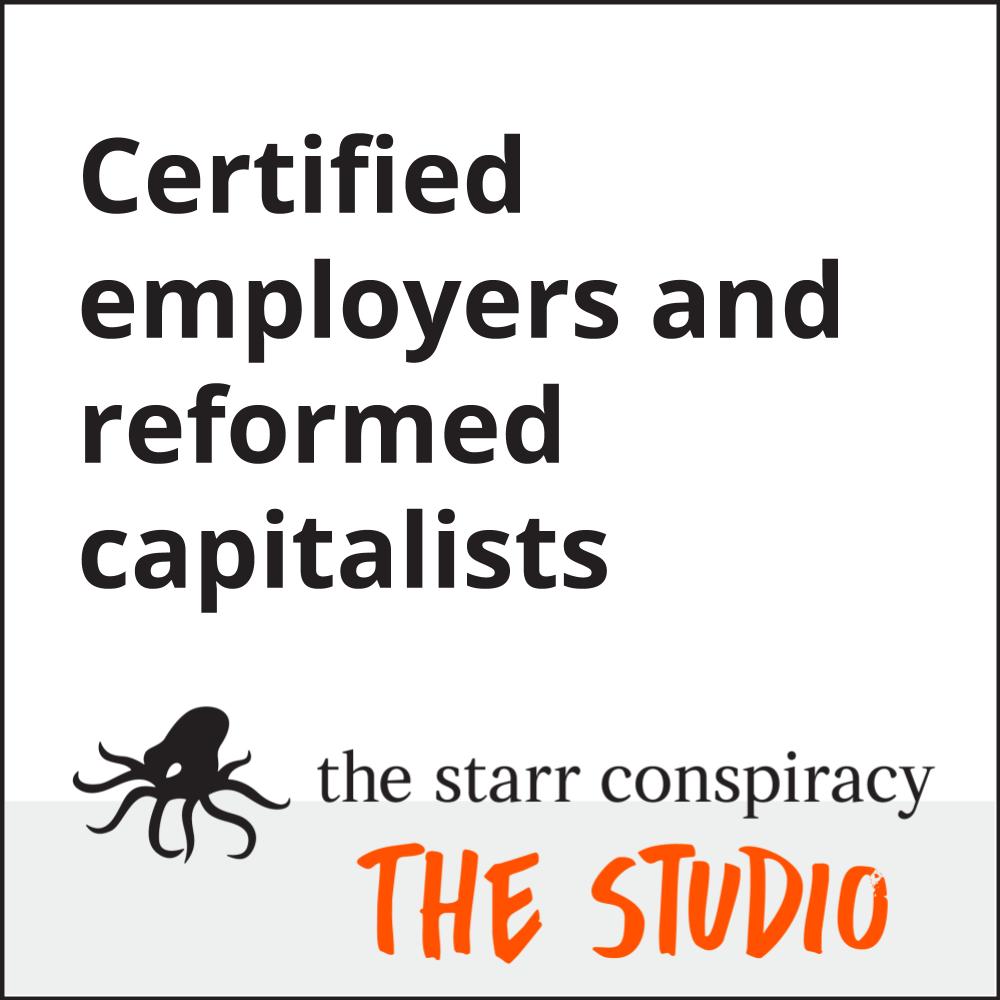Good news: The type of validation that the elusive blue checkmark provides for narcissists on Twitter may soon be coming to the workplace. But this is just one part of a broader reformation within capitalism.
Performance management giant Workhuman is launching a new initiative in which companies will seek to become “Workhuman Certified” as workplaces in which “people have the right to be respected, seen, appreciated, and heard.”
According to TechRepublic, the process for companies to gain this status will include making a pledge to uphold Workhuman’s “Charter of Workplace Rights” that outlines what employees should be able to expect from their newly certified place of employment.
With acknowledgement that no place is perfect, CEO Eric Mosley notes that the program will “give HR leaders and practitioners a distinct next step.”
The larger picture, though, is that capitalism is going through somewhat of a reformation. The Chicago Booth Review recently asked a simple question: “What does business owe society?” There’s no easy answer.
Fifty years ago this year, Milton Friedman wrote in The New York Times that “the social responsibility of business is to increase its profits.” Many prominent economists, writers, and business people believe that “Friedman was right,” while many others believe that “Friedman was wrong,” that his vision has “failed,” has “wrecked the Fed,” and is now “dead.” Corporations have “pillaged the free market,” so it’s now time to “end slash-and-burn capitalism.”
However, there has been a resurgence to bridge the two worlds, between so-called shareholder capitalism and a form of capitalism that works for everyone in society, not just shareholders. Thankfully it appears that these two are not always worlds apart.
Businesses are hard at work reshaping our economic society to benefit stakeholders. Here are just a few examples. Surely you’ve heard of the Business Roundtable announcement last year regarding stakeholder capitalism. But, more recently, there’s also a group of prominent CFOs who have recently called on corporations to fight poverty. JPMorgan Chase committed $30 billion to close the racial wealth gap. And the World Economic Forum just released new accounting standards for stakeholder capitalists.
All of these trends — including Workhuman Certified workplaces — suggest that the next generation is going to fight hard to make capitalism benefit more than just shareholders.
Is this a good thing or a bad thing? Let us know what you think.


